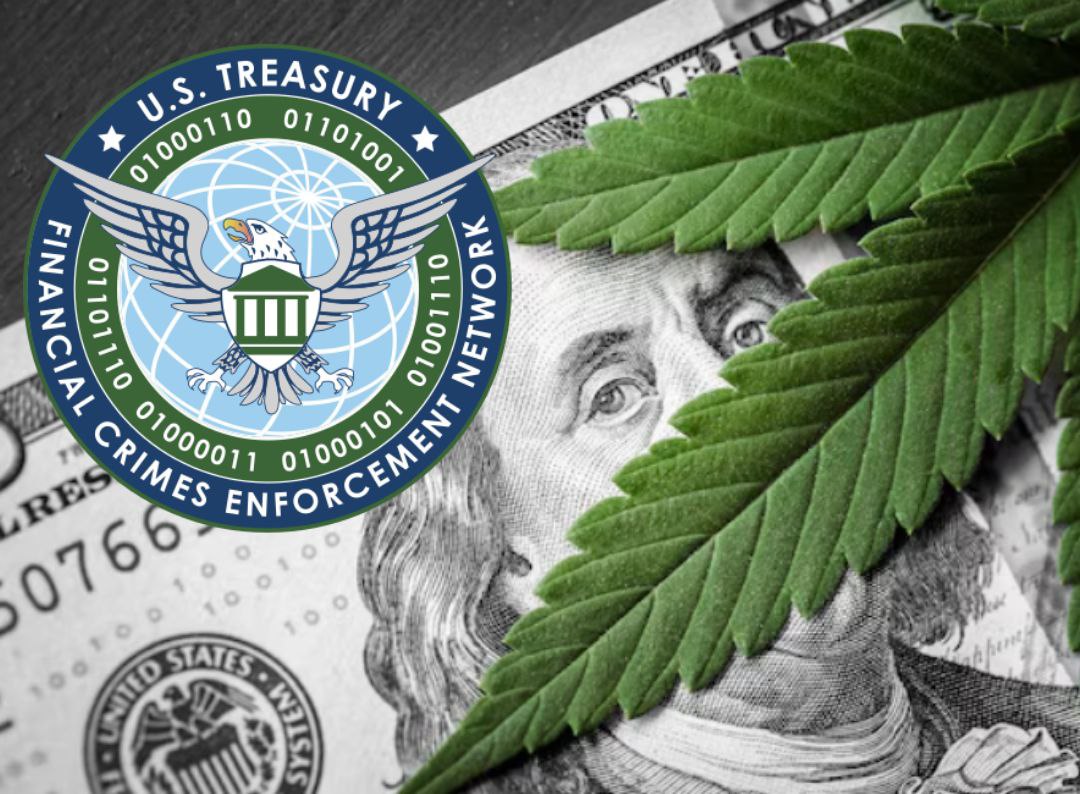FinCEN Reveals Steady Banking Access for Cannabis Businesses Despite Persistent Federal Barriers
WASHINGTON – A recent report from the Financial Crimes Enforcement Network shows that 816 banks and 182 credit unions filed suspicious activity reports (SARs) related to Cannabis businesses through the end of 2024, signaling stable access to basic financial services for operators in state-legal markets. The figures, drawn from filings under a Marijuana Related Businesses Metrics [updated through December 2024], mark the first major update since 2022 and highlight how financial institutions continue to navigate federal restrictions while serving the industry expected to generate $45 billion in the U.S. by the end of this year.
SARs are mandatory for institutions handling transactions from state-compliant Cannabis firms, even though Cannabis remains a Schedule I substance under federal law. Of the total, most filings fell into the “Cannabis limited” category, indicating banks view the businesses as low-risk and in line with state rules. This contrasts with earlier years. For instance, in 2014, when just four states had recreational programs, fewer than 60 institutions participated. By comparison, the 2024 totals represent a more than tenfold increase, though growth has plateaued recently.
Industry observers note the data underscores a divide between deposit services and more advanced options. While basic accounts are now reachable for most licensed operators [covering roughly 80% of those seeking them, per expert estimates] payment processing and credit lines remain scarce. A September survey of Cannabis executives found 65% satisfied with their current banking partners but 72% calling for better lending access to manage cash flow strains. High compliance costs, including manual SAR preparation, add up to $50,000 annually per institution on average, squeezing margins and deterring smaller players.
Operators, meanwhile, grapple with cash-heavy operations that heighten theft risks and limit scalability. In states like California and Colorado, where adult-use sales topped $5 billion each in 2024, businesses report spending up to 10% of revenue on armored transport and insurance. Fintech workarounds, such as buy-now-pay-later tools tailored for suppliers, have emerged to fill gaps, but they carry fees that can exceed 5% per transaction.
The report arrives as Congress weighs the SAFER Banking Act, which would shield institutions from federal penalties for serving state-legal firms. The bill passed a House committee in July but faces slim odds in the Senate under the current administration, despite support from 32 state attorneys general. A separate push for rescheduling cannabis to Schedule III could ease tax burdens under Section 280E [cited as a top concern by 62% of operators] but would leave banking rules intact without legislative action.
For Cannabis firms, the path forward demands a mix of regulatory patience and operational grit. As one veteran consultant put it in a recent analysis, the sector has built a functional, if imperfect, financial backbone over the past decade, one that sustains growth but cries out for modernization to match the $45 billion market projected for 2025. Until Washington acts, businesses will keep filing reports, hauling cash, and betting on incremental wins to stay afloat.


































